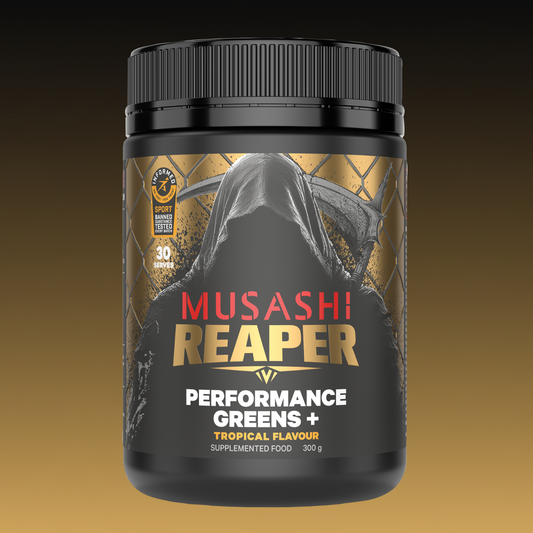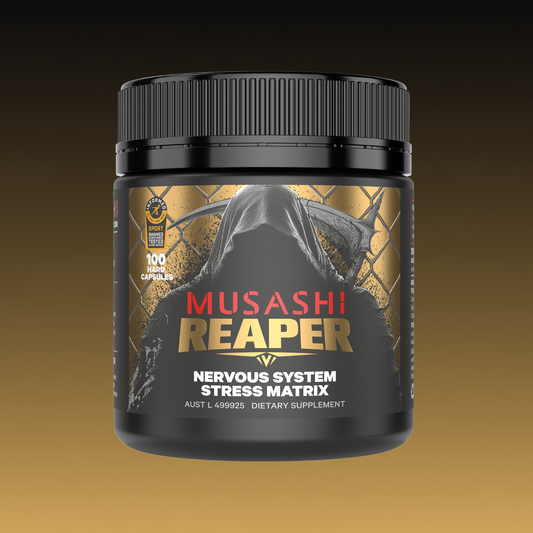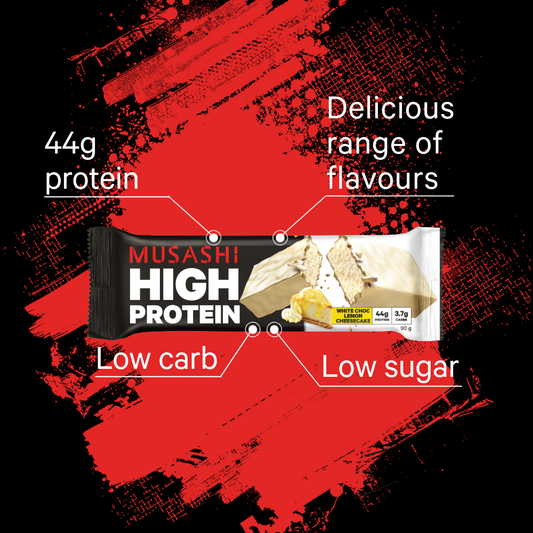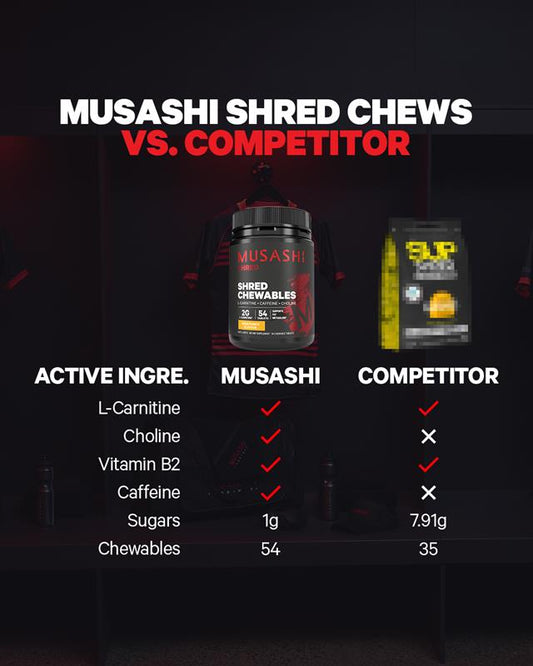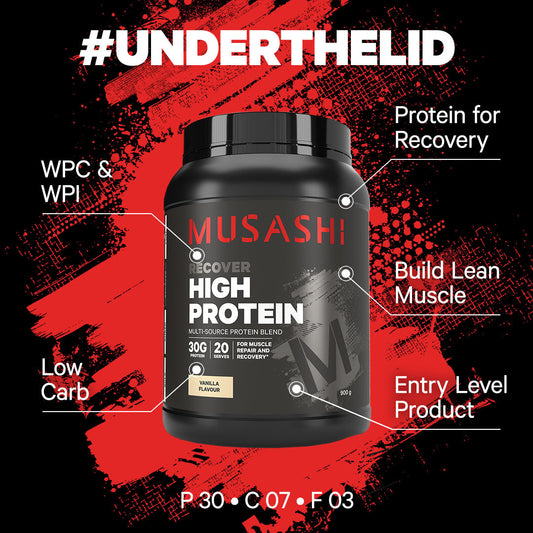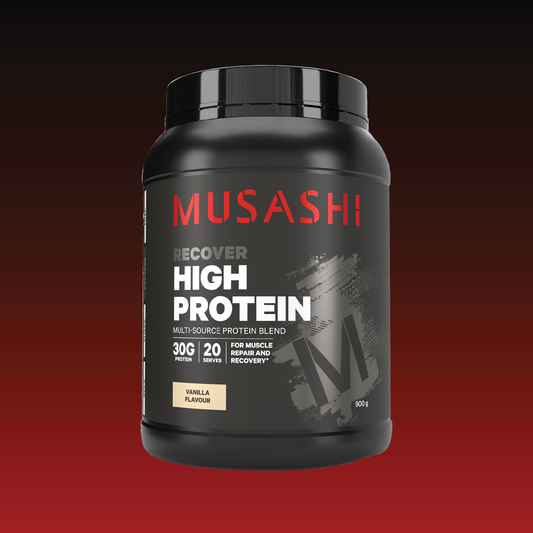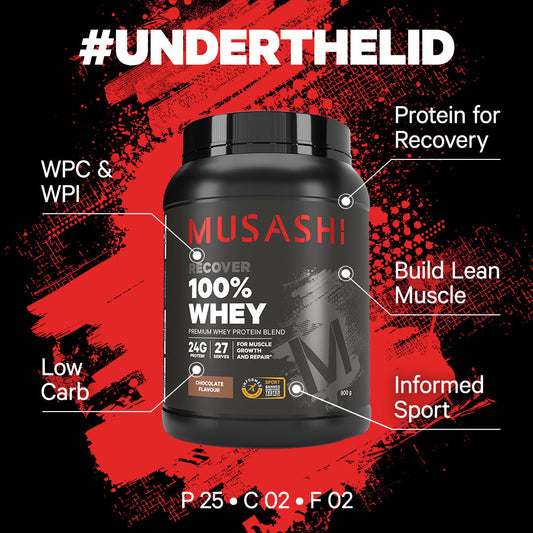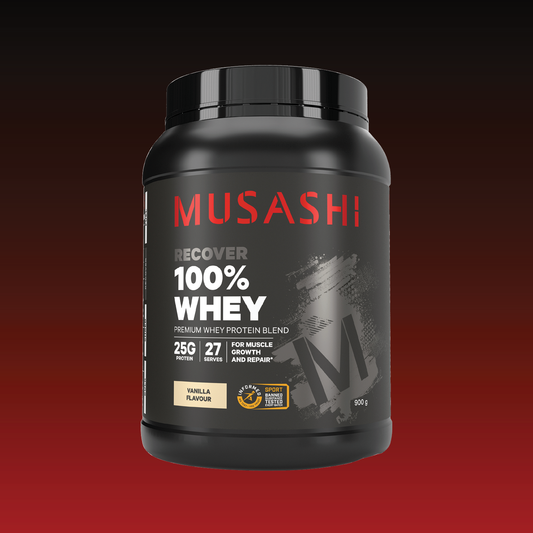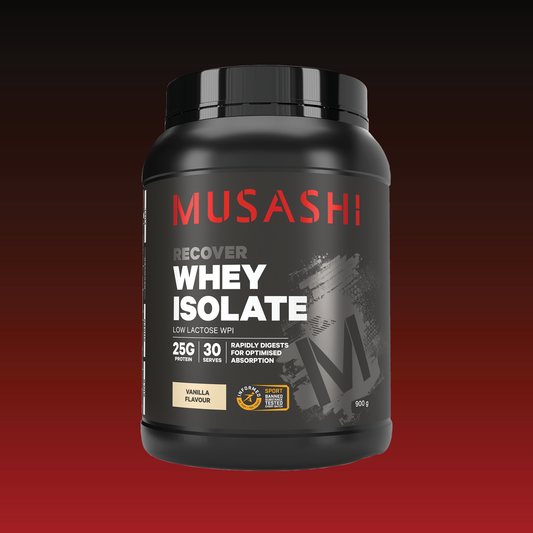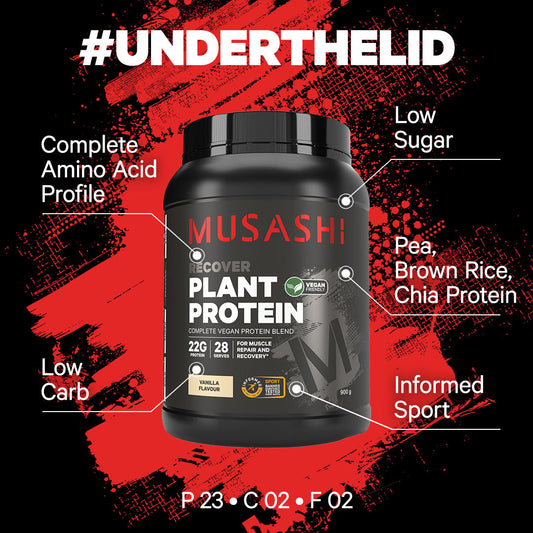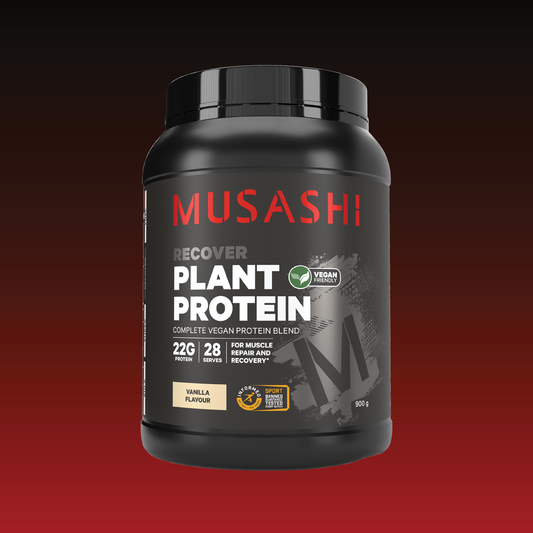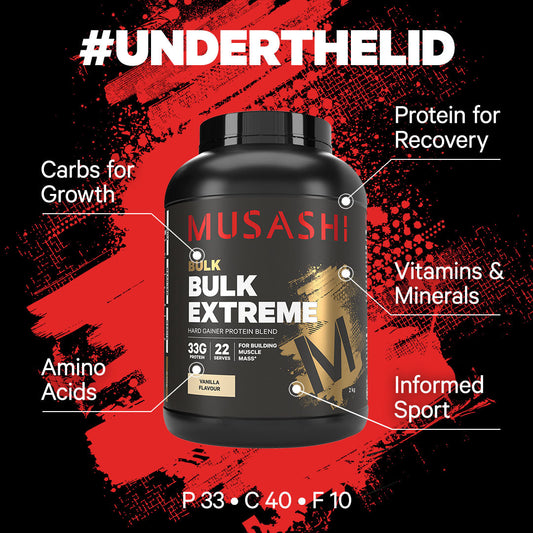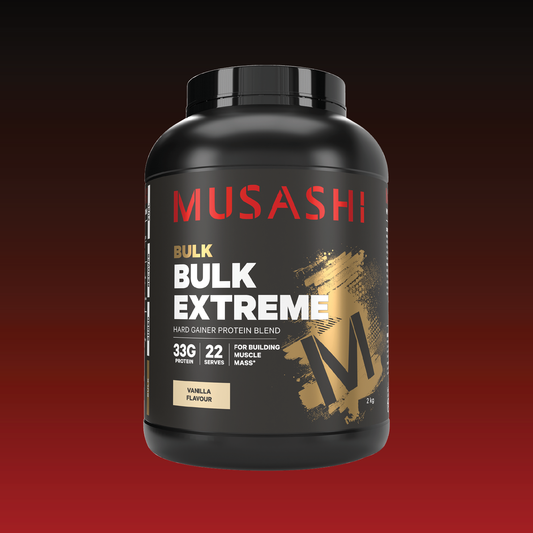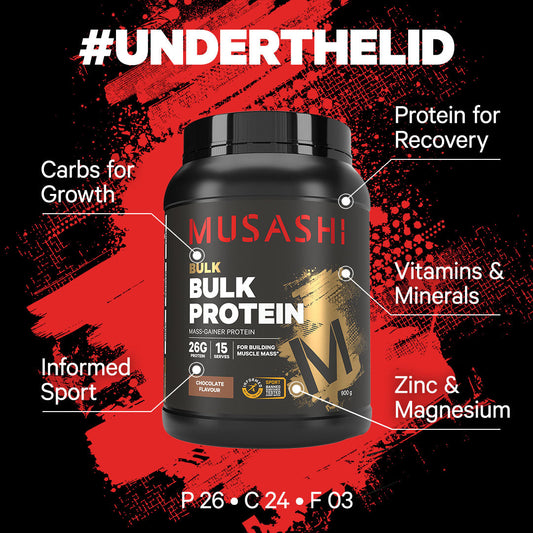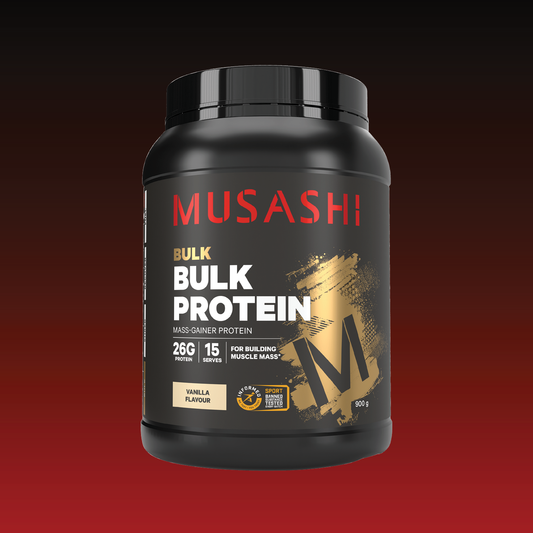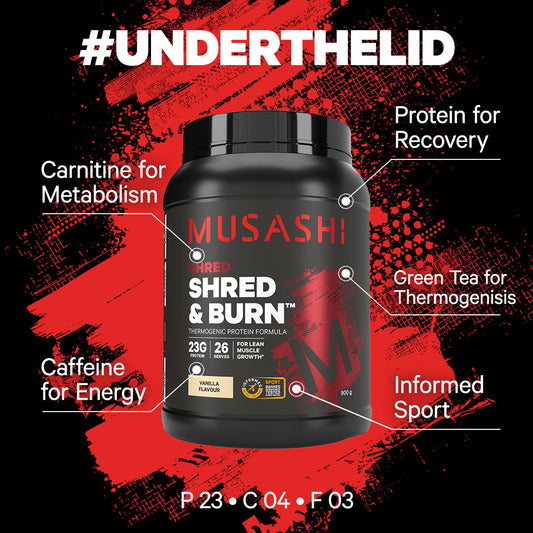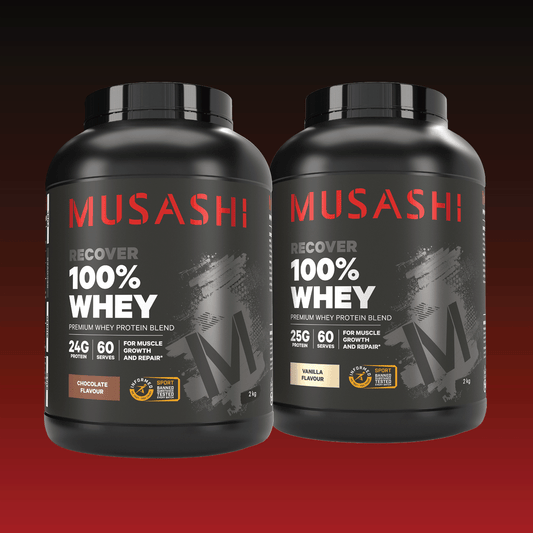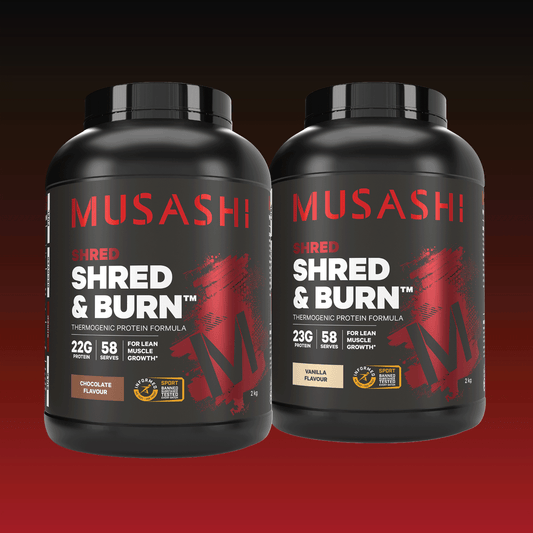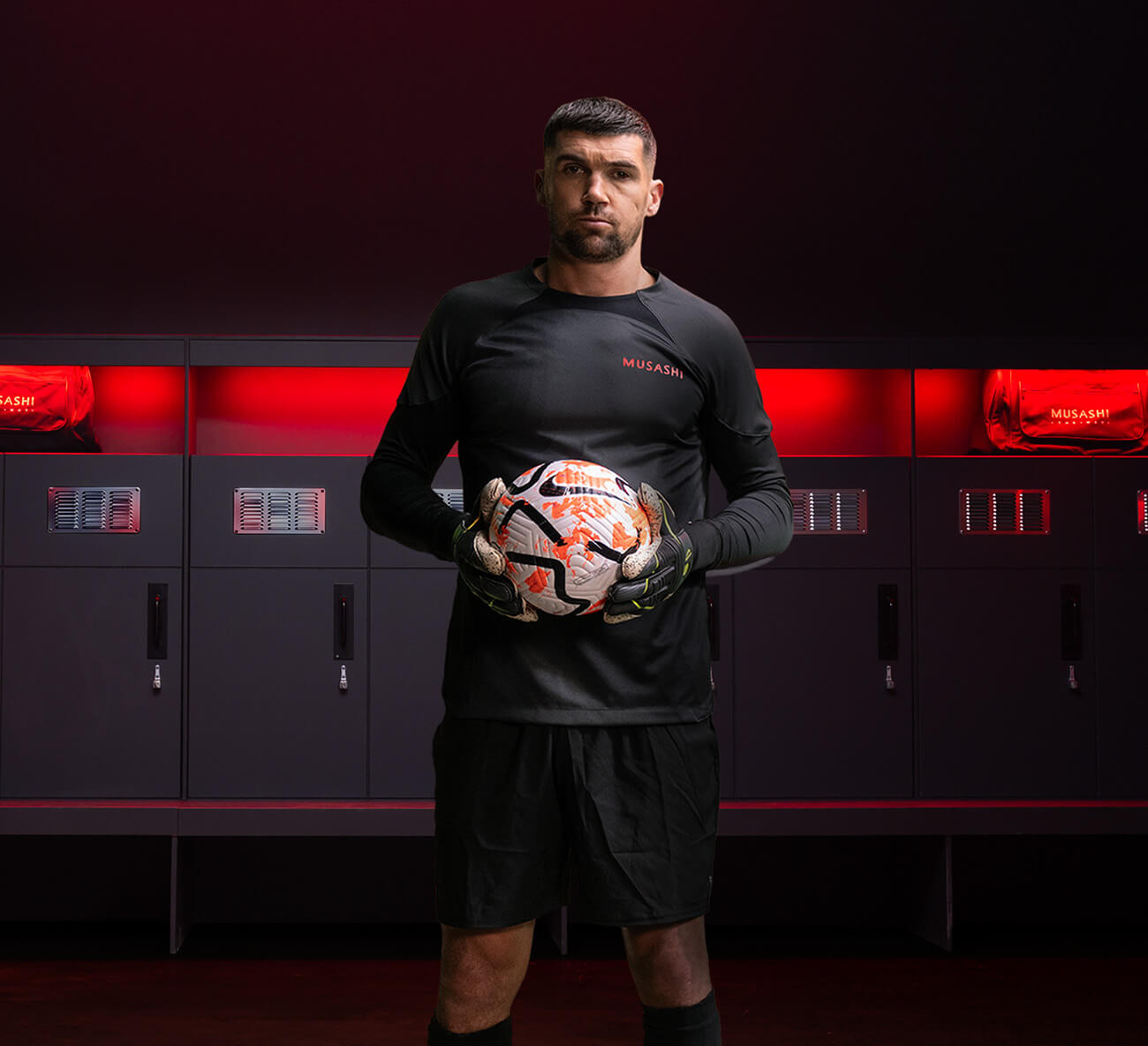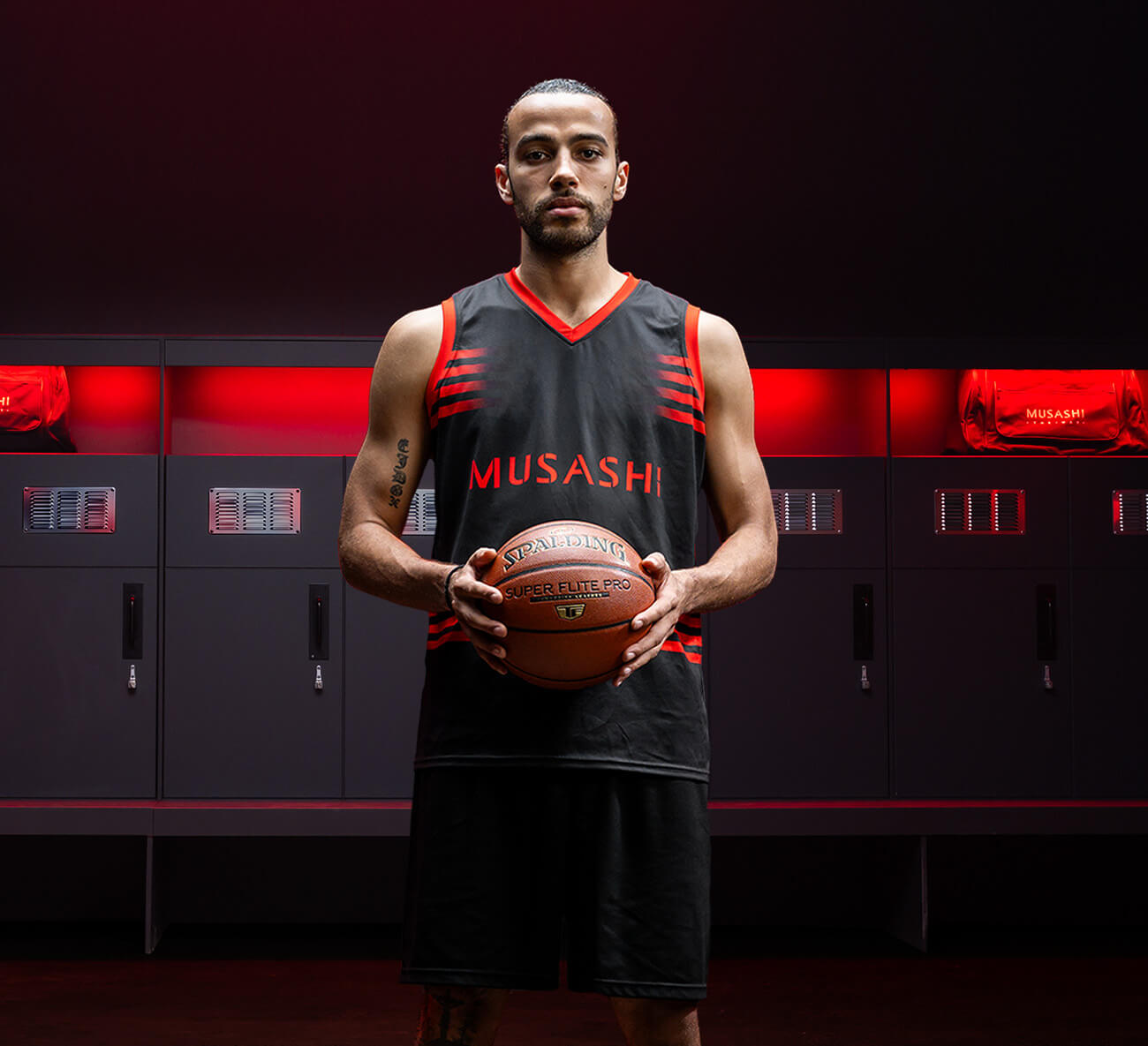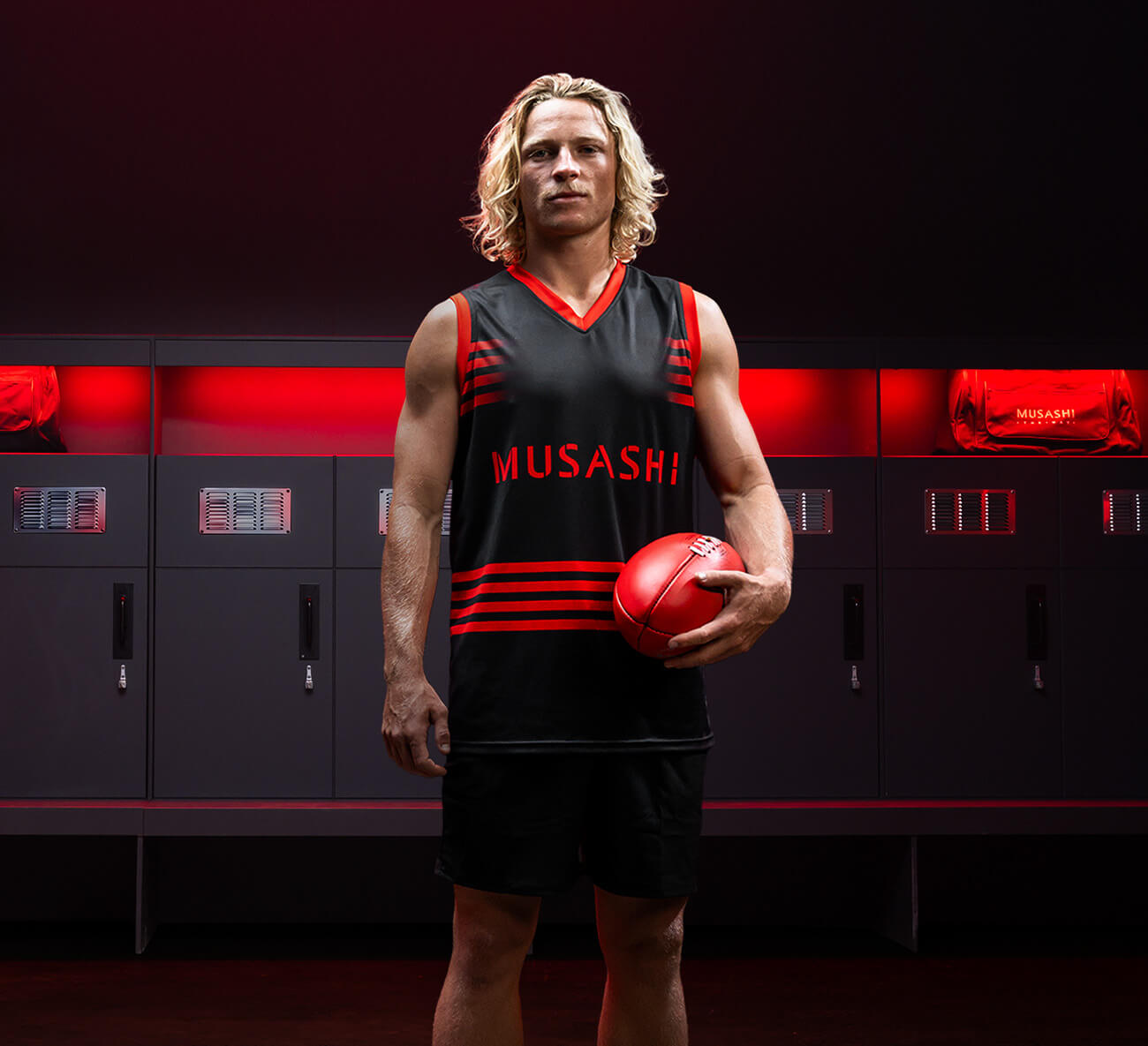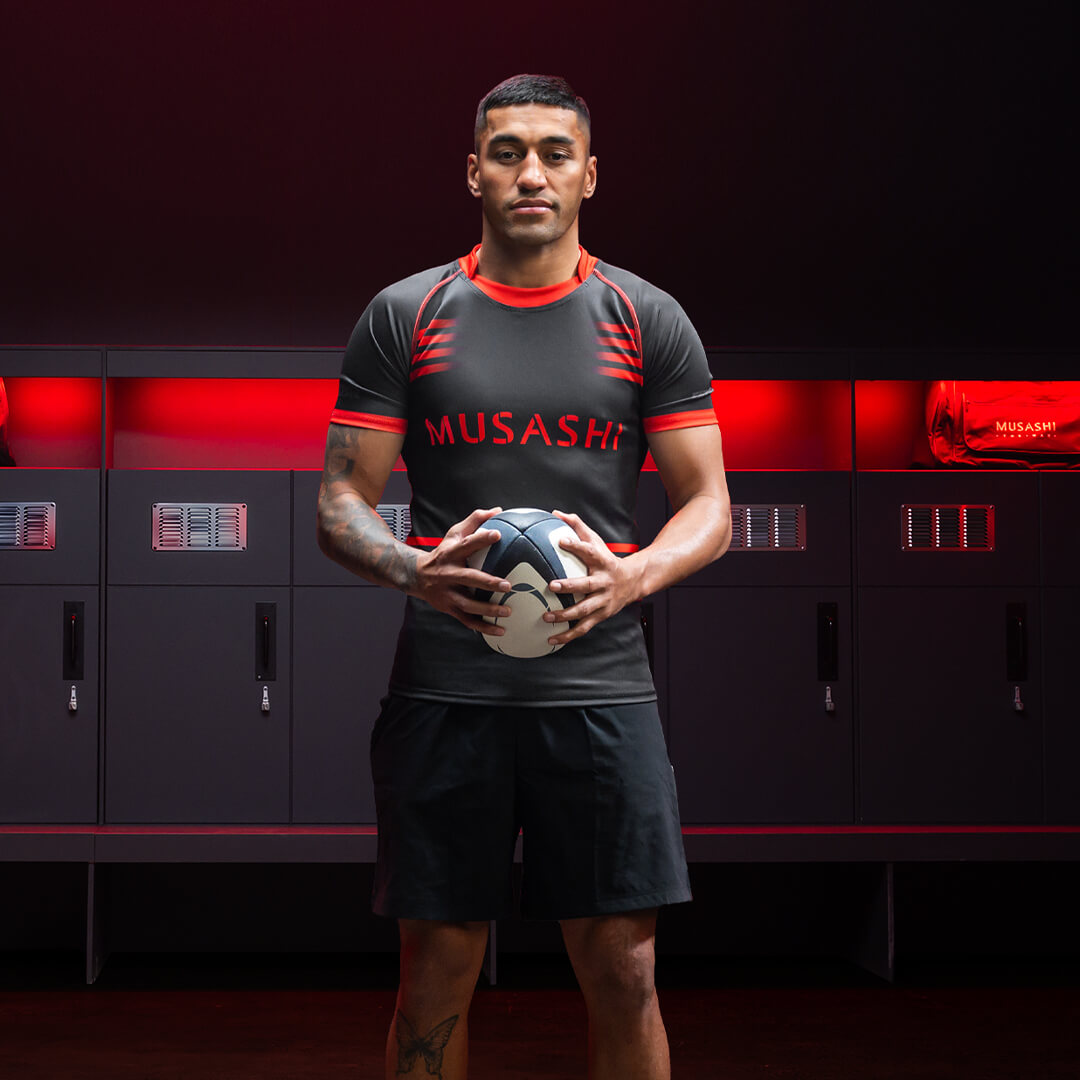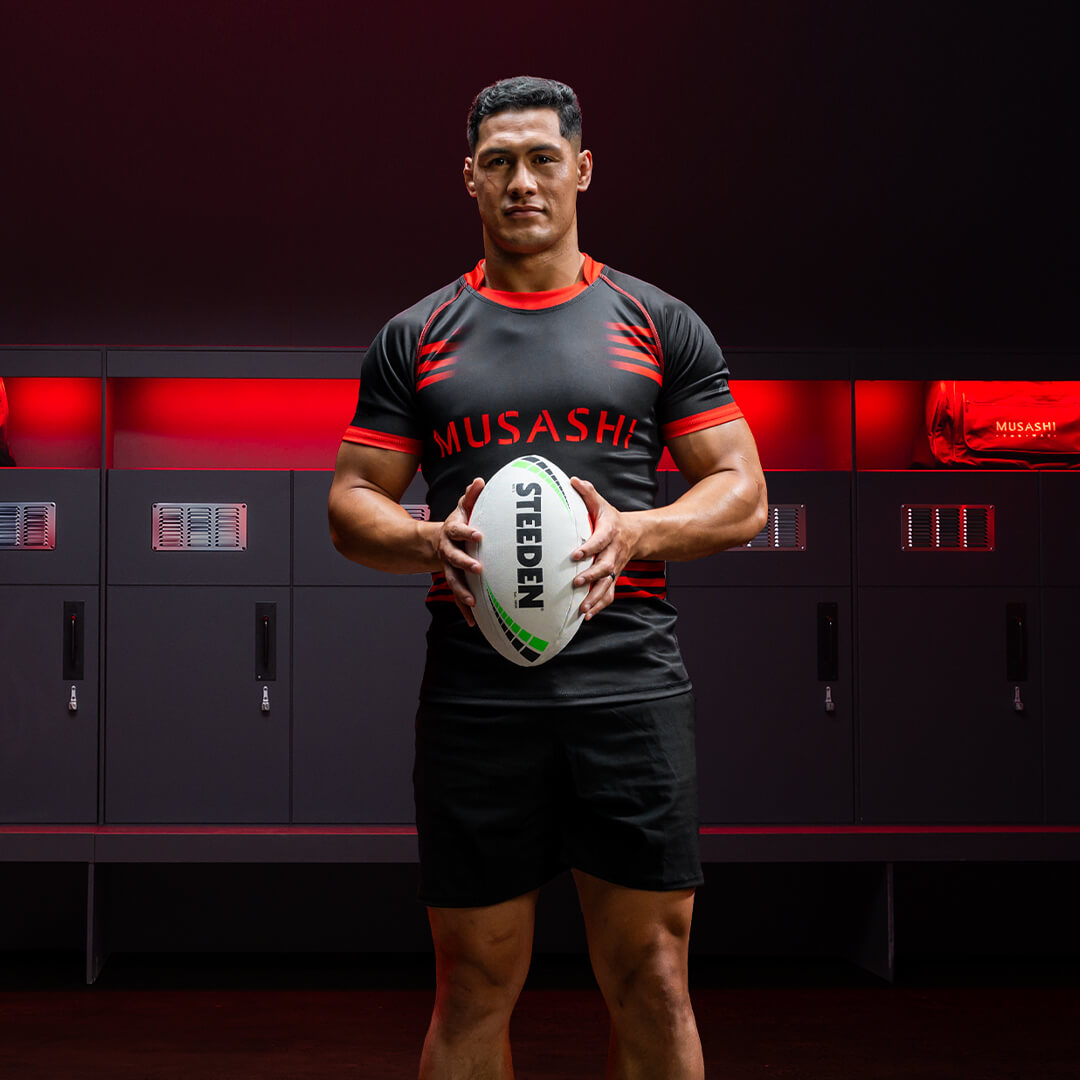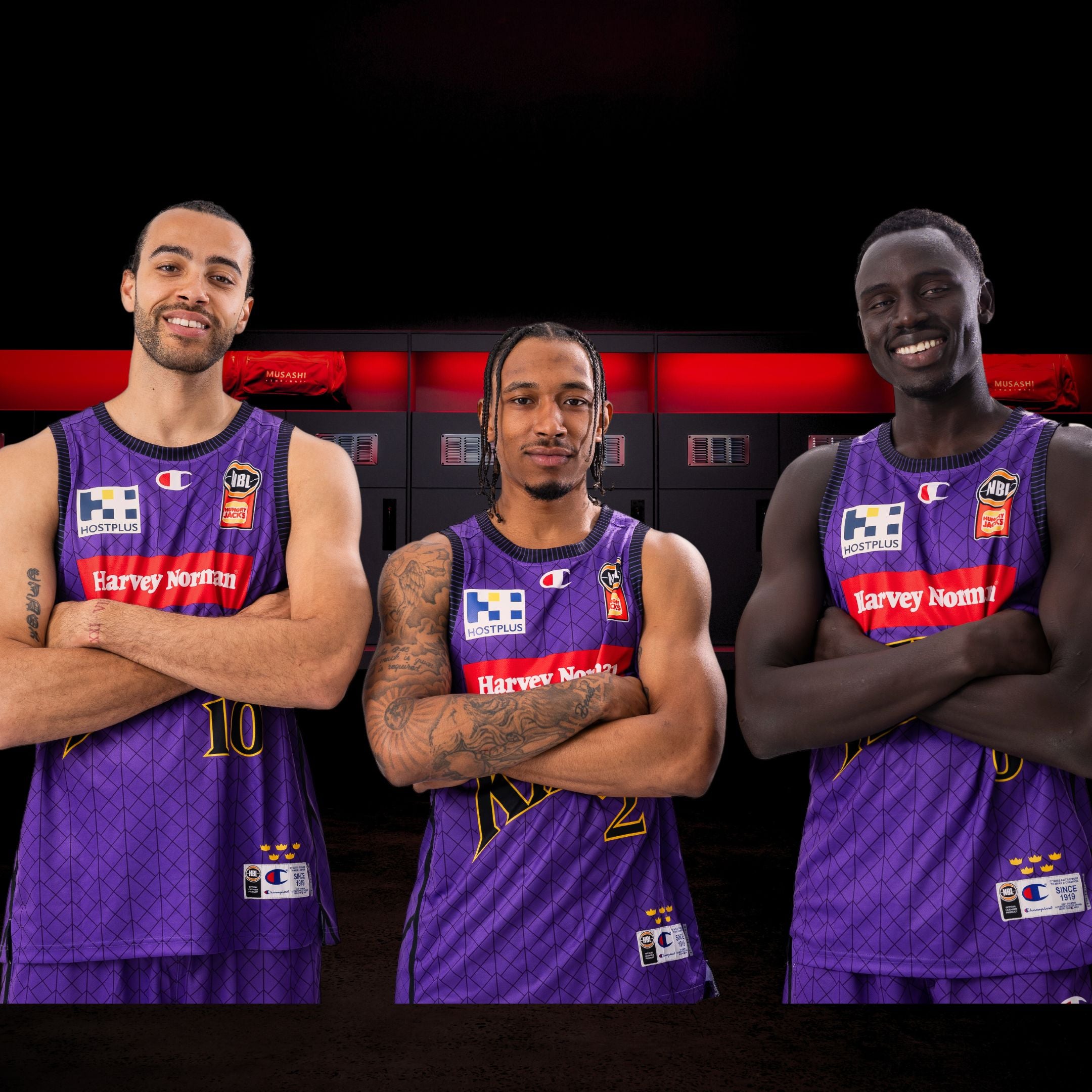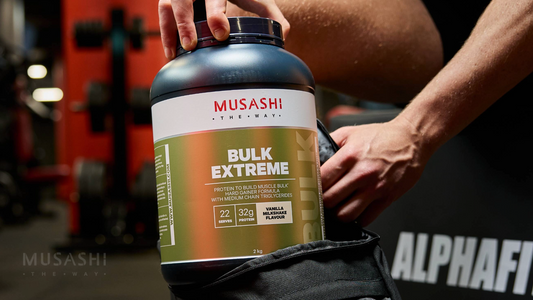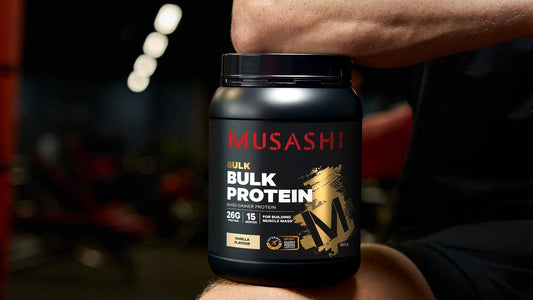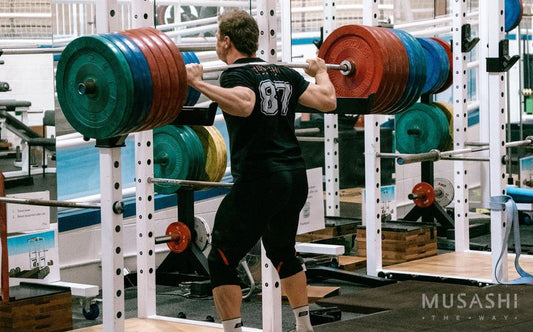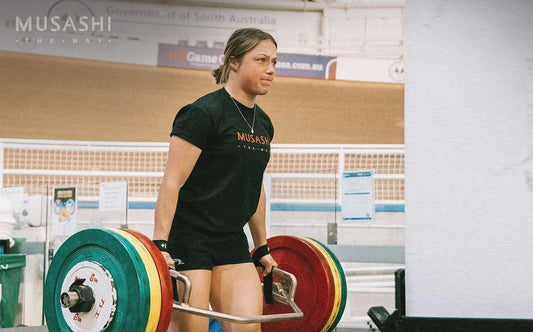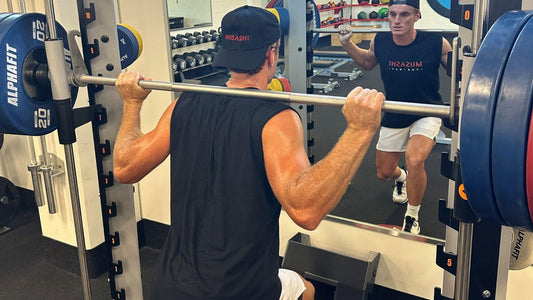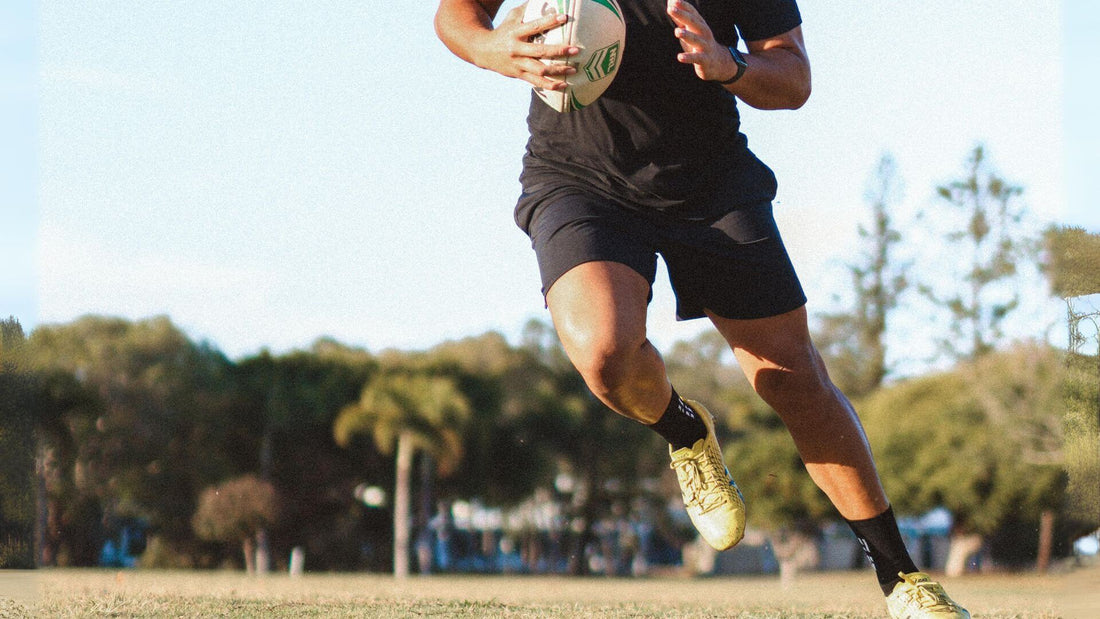
The use of sports specific training allows you to effectively and efficiently reach your goals in sport. It can result in better performance, lower injury risk and increase competitive longevity. To excel in your chosen sport, it is important for training to be varied and tailored to specific individual or team needs. Sport specific training stimulates a movement or exercise in the gym improving performance benefits on the field, track, oval or pitch etc. It provides athletes with real benefits, and it is included in many sports programs for several different reasons.
3 Benefits of sport-specific training
1. Injury Prevention Tailored to Sport
Each sport has the potential for different injuries, for example, a soccer player is at higher risk of a hamstring injury. This is because the quadricep muscle is naturally stronger – due to the player mostly kicking forward. Exercises targeting the hamstring muscle is then integrated into their gym training program to increase strength and reduce the chances of injury.
2. Enhancing Power for Sport-Specific Movements
Most athletes will benefit from an increase in power. A 100m sprinter needs power to lengthen stride. Box jumps and plyometric training performed in the gym can help an athlete enhance power and increase sprint performance.
3. Conditioning Specific to Sports Demands
Conditioning the body for their sport and the time of play. For example, rowers and cyclists will have a greater focus on aerobic capacity whereas an AFL player or soccer player will have a higher focus on endurance. Exercises targeting specific sports help to condition the body and mind to take on the harsh demands of the chosen sport. The type of exercises included are designed to mimic the exact movements and muscle contractions of the sport, helping to increase speed, agility and endurance while also greatly reducing the chances of injury.
Nutrition and Training Synergy
When the focus changes from the field to the gym it is important to ensure nutrition remains at the forefront of all planned training sessions. It is also a crucial element post-training and on non-training days.
During the 24-hours post-training period your muscles will continue to break down and re-build. It is particularly important that you continue to re-fuel your muscles with appropriate amounts of protein during this time. Research from the Australian Institute of Sport indicates that consuming approximately 20g of protein 5-6 times a day will enhance protein recovery.
Importance of Protein Intake
We suggest that Musashi 100% Whey is consumed on both training (sport-specific training or training for your sport) and non-training days to support daily tissue maintenance, muscle growth and a reduction in muscle soreness post-training.

